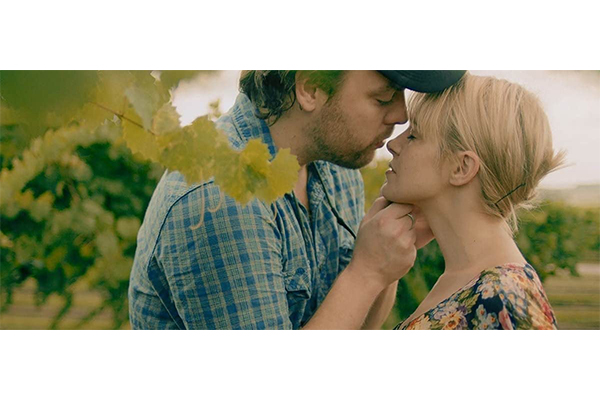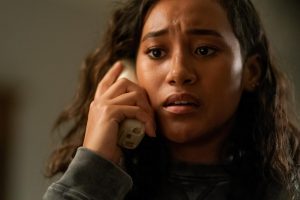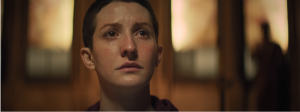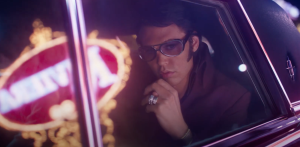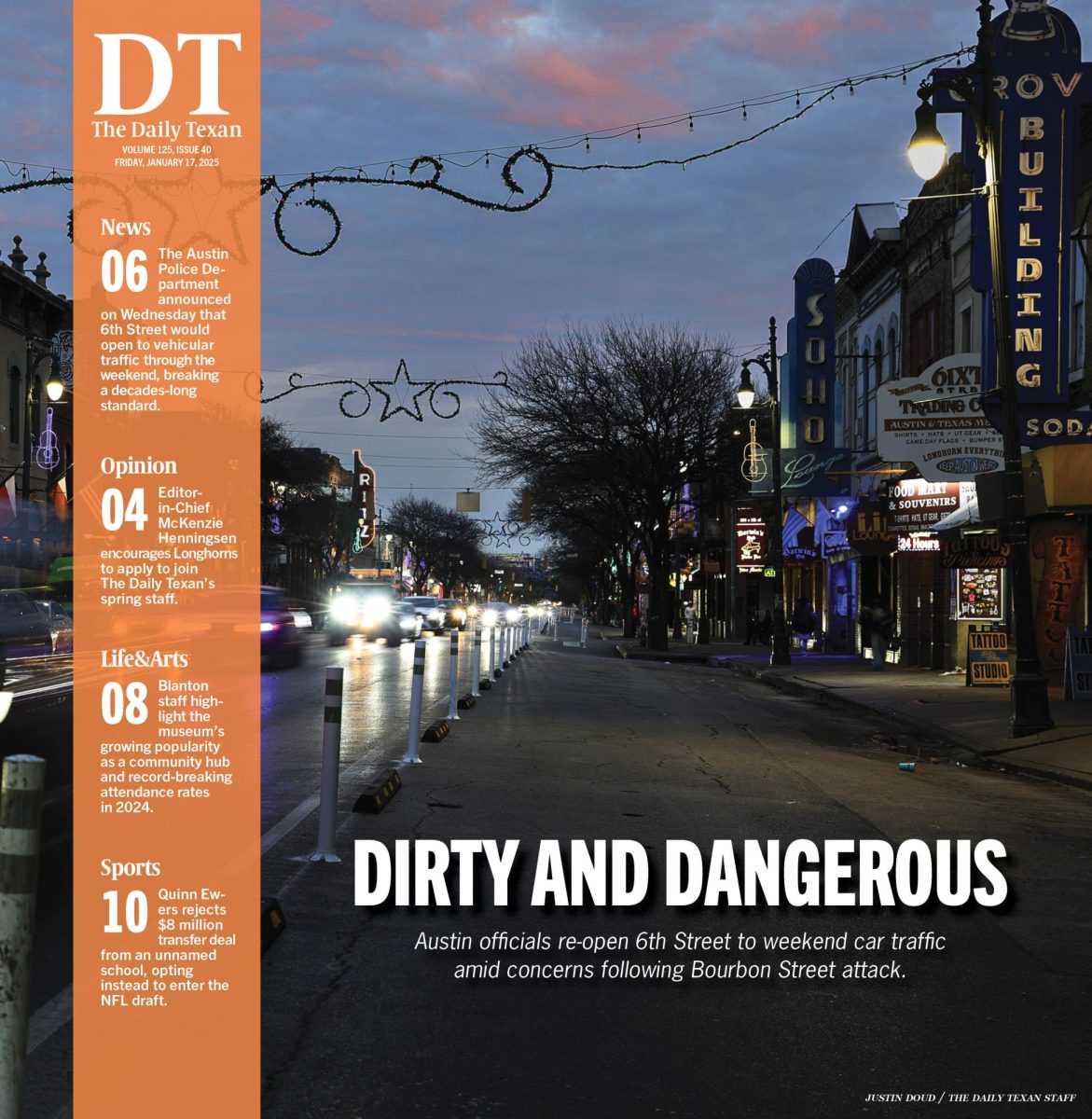Director Brea Grant Addresses the Theme Found Within Torn Hearts Long: Director Brea Grant details the making of her film Torn Hearts, gives advice to those looking to follow her path
June 9, 2022
Editor’s note: This article first appeared in the June 7, 2022 flipbook.
The Daily Texan recently spoke with the fantastic and profound Brea Grant, who graduated from UT with an American Studies degree before pursuing a career in acting. In 2020, she wrote and directed the horror movie “12 Hour Shift,” and she wrote and starred in “Lucky.” This year, Brea directed “Torn Hearts,” a horror movie released on May 20, which follows two young country singers attempting to make a name for themselves with help from longtime country singer Harper Dutch.
The Daily Texan: What drew you toward the script of “Torn Hearts”?
Brea Grant: It was after “12 Hour Shift” released in 2020, and I had a meeting with Blumhouse. I told them what I was looking for. I like these women protagonists. There are a lot of genres with either a lot of teenagers or people in their early 20s. I wanted something with women over that age, and they brought me the “Torn Hearts” script. This combined everything that I wanted to make. Then, in addition to that, I’m from Texas. I have a country music past, as all Texans do. Growing up in Texas, someone was always listening to country music. For me, it was both my dad and my mom. So, that was really interesting to me — combining country music and horror.
DT: When you’re looking at characters on a script or when you’re writing your characters, is there a process to developing their story arcs that you do with your actors?
BG: The writing phase is different than the directing phase. In writing, you’re starting at one place and ending at another place with every character in your script. In order for audiences to stay engaged and enjoy your movie, you need that arc. As a director, I go through all the characters and write where they start emotionally, where they are, what their belief systems are and where they end within each scene. That is just as important as the arc over the course of the film. For me, finding those before I even walk in is helpful. I (also) do a lot of improv on my sets. I let the actors play — find the arc themselves. Those moments of playing with the character are just really important in creating the world.
DT: The ending was a powerful dive into being a woman in the country music scene. Did you draw on your experience as a woman in the entertainment industry when it came to directing that ending?
BG: (The dark ending) really drew me to this. You claw your way up in an entertainment industry and things get taken away from you because someone decides that you’re a crazy woman, you’re too old or whatever the thing is that means they can take your work. Overall, my goal was to show what (the movie’s characters) were taught (to do to succeed in their industry.) I didn’t want to judge them for that. I want to show that they aren’t playing outside the rules. They’re actually doing exactly what they’ve been told. We’re all being punished regardless, which is not a happy ending, but it’s a truthful ending and very important to show people.
DT: What advice would you give to anyone looking to follow your path?
BG: Go and do it. People wait a long time to start acting or start trying to make movies. Filmmaking is so much about making mistakes and just putting yourself out there. Go ahead and fail. Fail a lot. Especially women, because I meet so many women who are like, “I want to be a director,” and I’m like, “Good, go be a director because you’re gonna spend a lot of time making a lot of things that no one ever sees.” It’s about getting those hours, so you feel confident enough to start making bigger and better projects.

